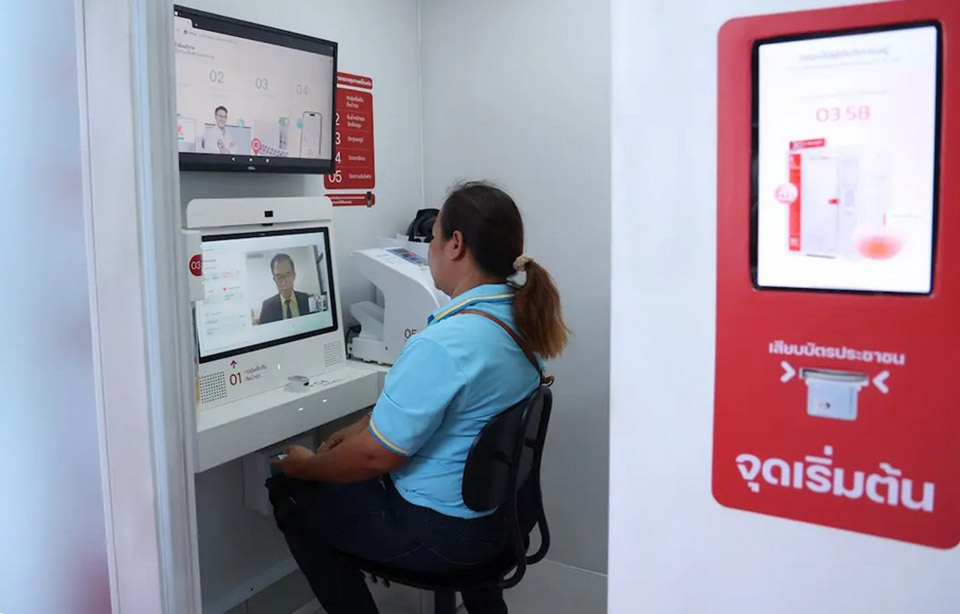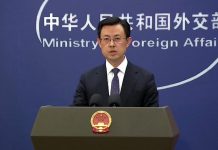
BANGKOK, Thailand – The Ministry of Public Health has introduced the “Health Station” to advance the administration’s universal healthcare policy.
The proactive telemedicine service allows community members to consult doctors via video calls, covering 42 medical conditions. The initiative aims to reduce hospital congestion and waiting times. Following the pilot launch at the Charoenchai Housing Cooperative Community in Bangkok, plans are underway to expand to 50 locations in the capital and subsequently nationwide.
The “Health Station” is an innovative addition to the universal healthcare system, developed collaboratively by the National Health Security Office and private sector partners. Functioning as a health station, the kiosk is equipped with communication tools and vital sign measurement devices, enabling community members to perform accurate basic health assessments and receive immediate results.
Each station can serve up to 72 individuals per day, averaging six people per hour. Patients can consult doctors via video call and choose to have medications delivered to their homes or collect them from participating pharmacies. Community members are responsible for maintaining the stations to ensure they remain in good working condition. This innovation enhances accessibility, convenience, and speed in medical services for the public.
The government aims to elevate the national health security system through its universal healthcare policy, facilitating easier and more convenient access to medical services under the program’s benefits.
Integrating medical services with new innovations is a significant advancement in the healthcare system, reducing expenses related to medical treatment, medications, and travel, thereby improving the quality of life for citizens. (NNT)










